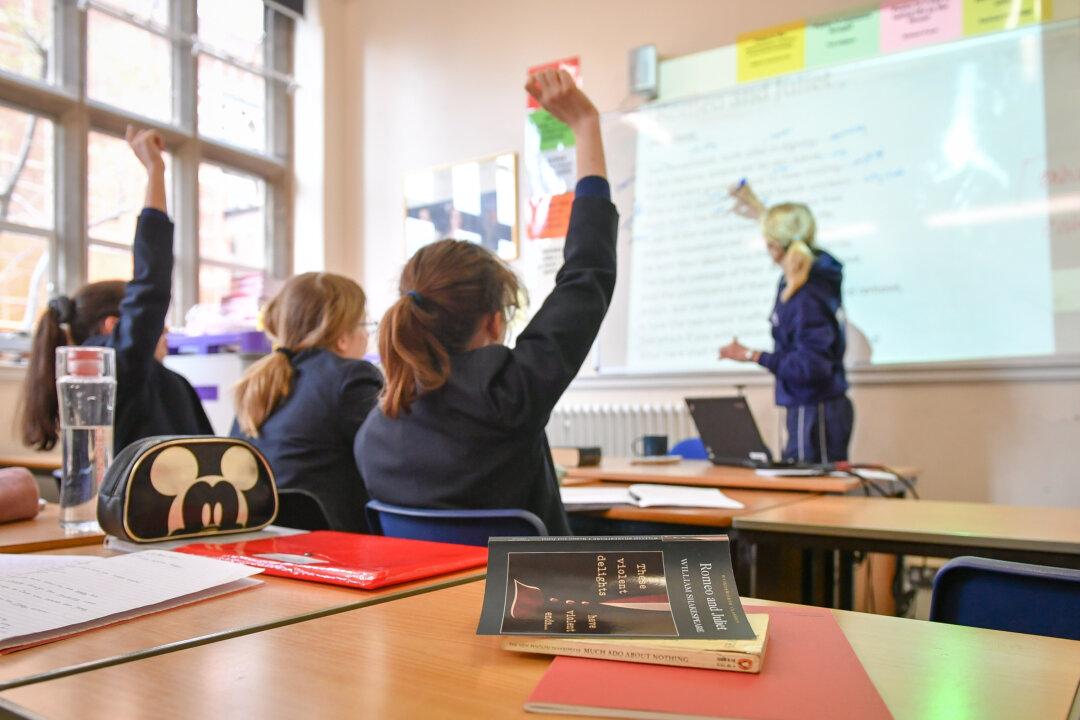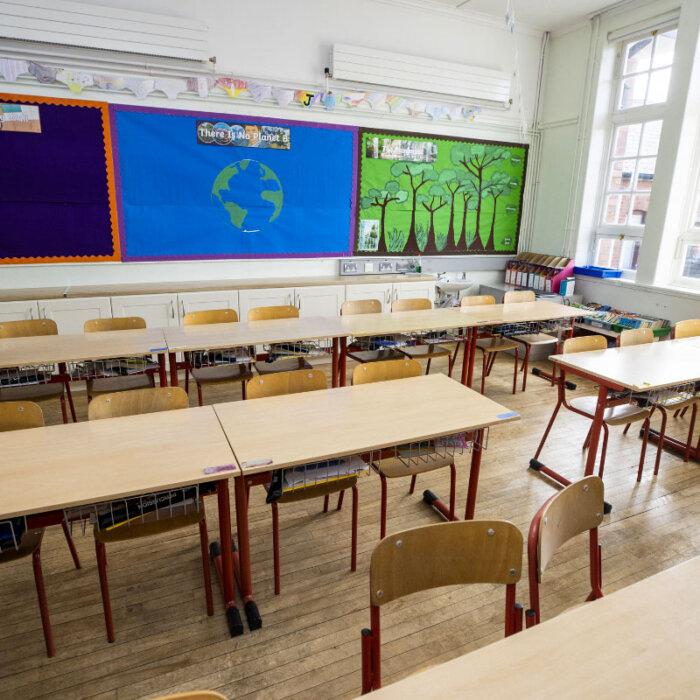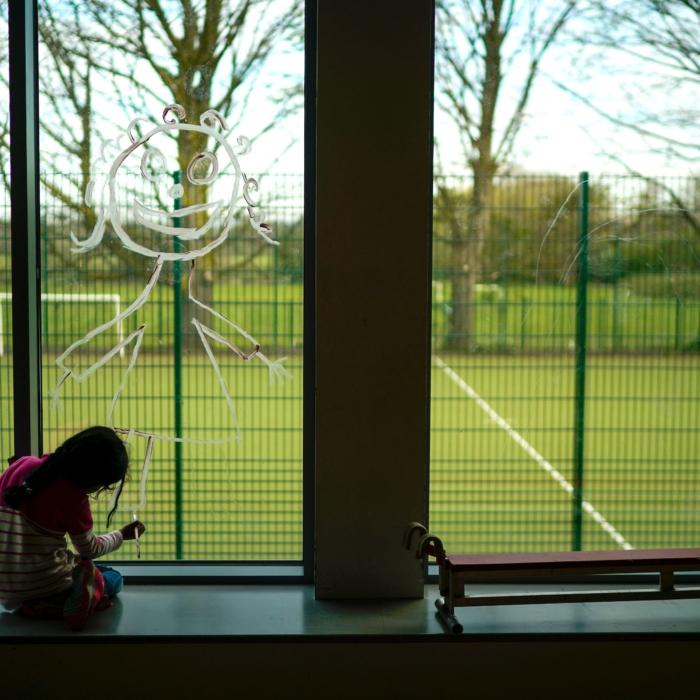Schools should be given the power to compel families to agree an action plan when a pupil’s behaviour becomes severely disruptive, a new report suggests.
Published on Friday, the report warned of a “burgeoning crisis of behaviour and safety” across schools in England. It said that more than a quarter of secondary school pupils reported being bullied in the past year, while more than a third of teachers experienced physical abuse or violence from pupils.
Around a fifth of teaching time is lost to disruption in the classroom, while 30 percent of teachers have had a parent undermine their sanction, the TBI said.
Permanent exclusions have also increased compared to previous autumn terms, with 4,200 cases reported this autumn term.
The most common reason for both suspensions and permanent exclusions was persistent disruptive behaviour, accounting for 204,790 cases, followed by 53,765 incidents of physical assault against a pupil. The DfE noted that this was in line with the ongoing trend, recorded in previous terms and years.
“Clearly, the scale and consequences of poor behaviour are unacceptable and demand a suitable response,” the TBI said.
It suggested that many of the root causes of challenging behaviour “lie outside the school gates, where the powers of schools to act are limited.”
‘Reset’
The TBI called for a “reset” of the relationship and made a set of recommendations to safeguard the learning process.Schools should have the authority to require families to meet and create action plans when a student’s behaviour is severely disruptive, the TBI said.
If parents refuse to cooperate, schools must be able to escalate concerns to relevant agencies, potentially invoking legal measures similar to those used for persistent absenteeism, it added.
Another recommendation is for schools to play a stronger role in leading and coordinating multi-agency efforts to address behavioural issues.
Risk of Damage
Commenting on the proposals, the general secretary of school leaders’ union NAHT, Paul Whiteman, said that “whilst no doubt well-meaning” many of them are “misguided and unworkable.”“Furthermore, some of the alarmist language used is unhelpful – we must not lose sight of the fact that the large majority of children are well behaved and engage with school positively.”
“There is a real risk that the approach advocated here would not only damage relationships between schools and parents, but also massively increased the workload of teachers and leaders.
“Rather than pushing more responsibility onto schools, the focus should be on rebuilding those agencies that have become depleted and recognising that improving behaviour is a responsibility for everyone,” he added.
Meanwhile, the government has committed to “tackle the root causes of poor behaviour” in schools.
A DfE spokesperson noted the government’s “significant” £1 billion investment in special educational needs and disabilities (SEND) and plans for new regional improvement teams.
Under the plans, specialists will work with schools to ensure “the highest standards of behaviour across our classrooms.”
“But we know there is more to do, and we will continue to work closely with teachers on how we can further support them to drive-up standards for all our children,” the spokesperson added.







